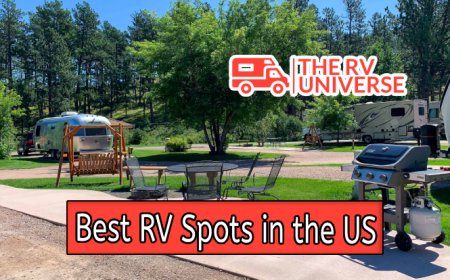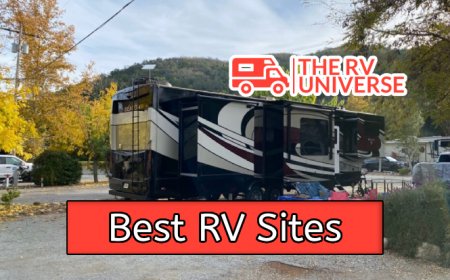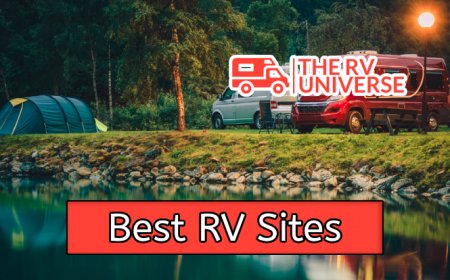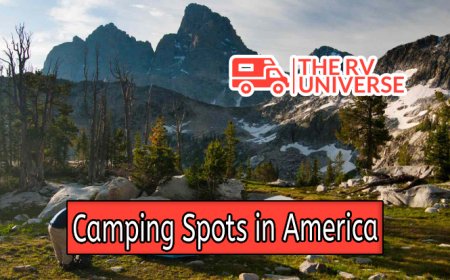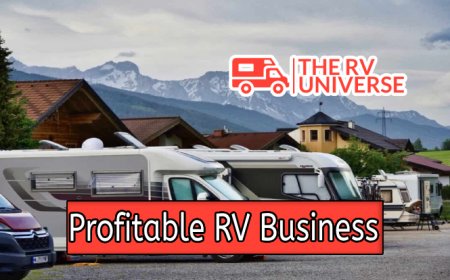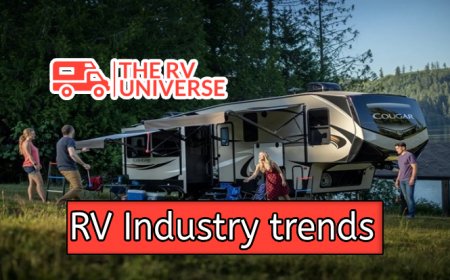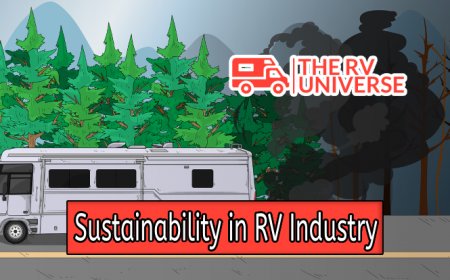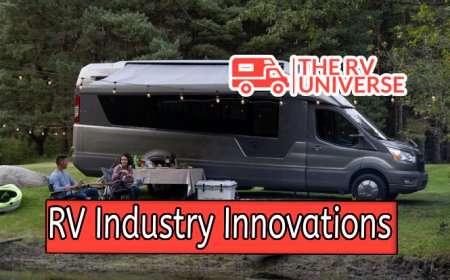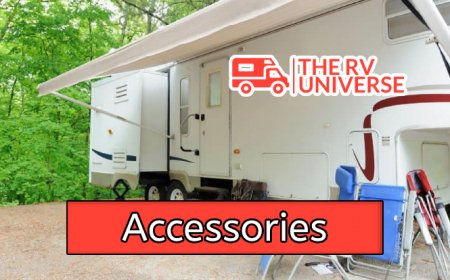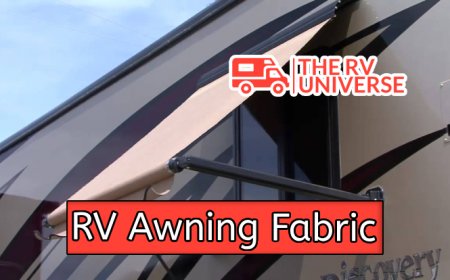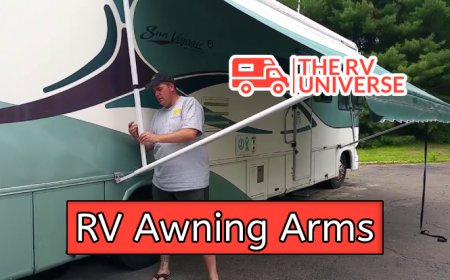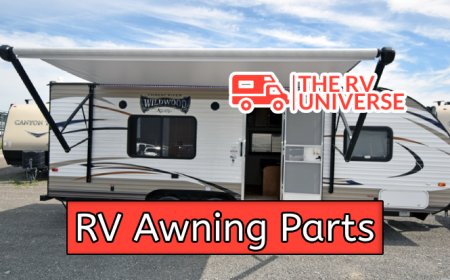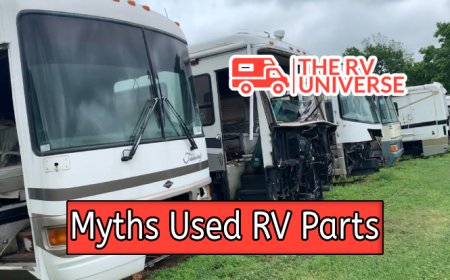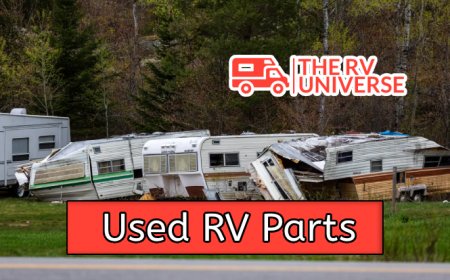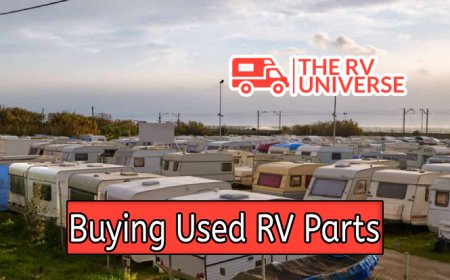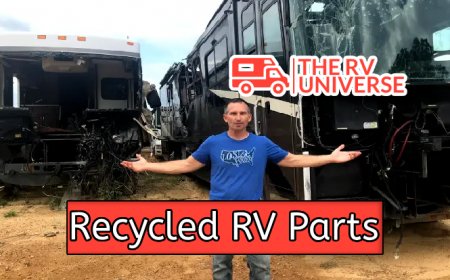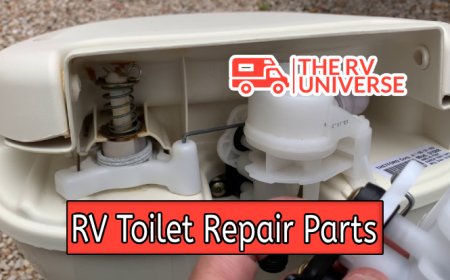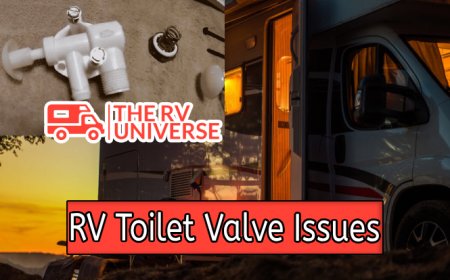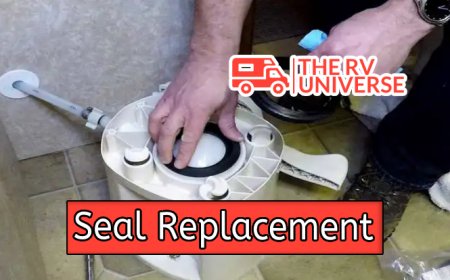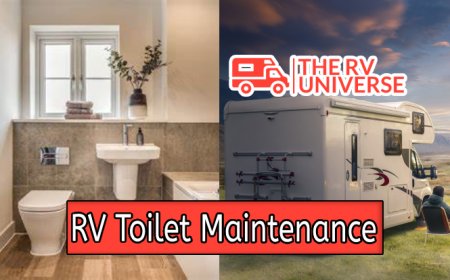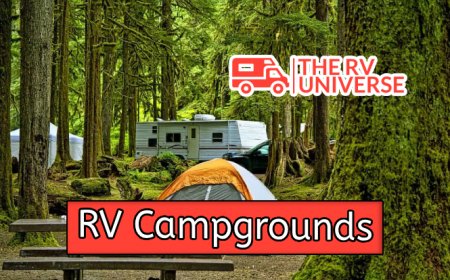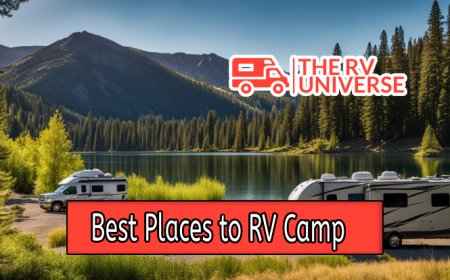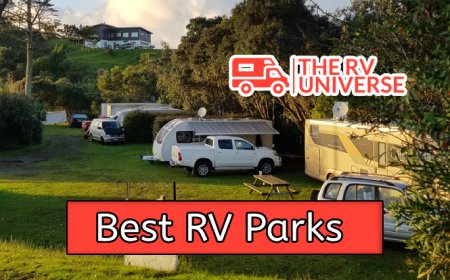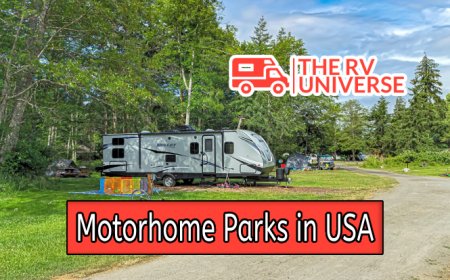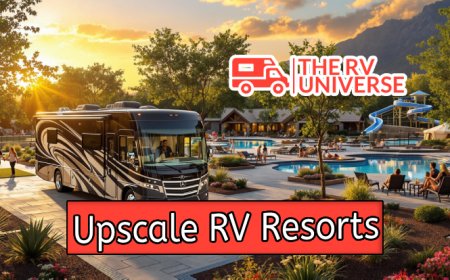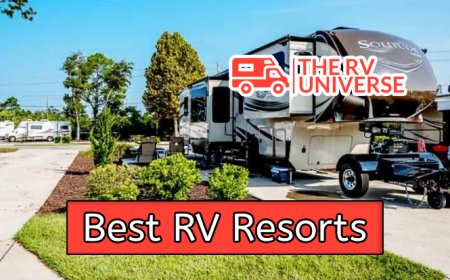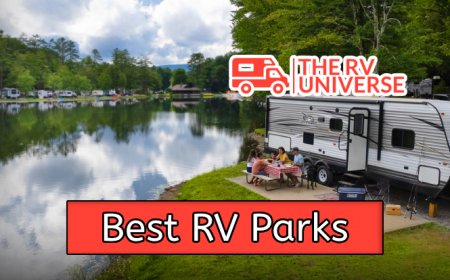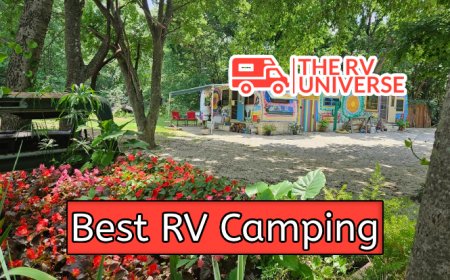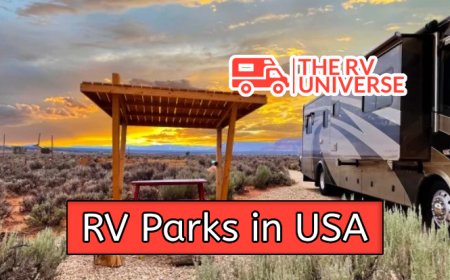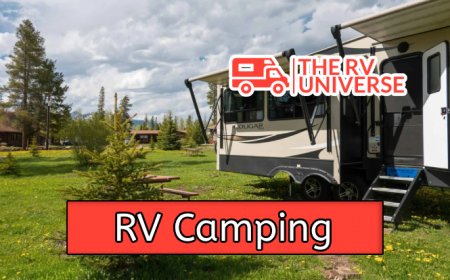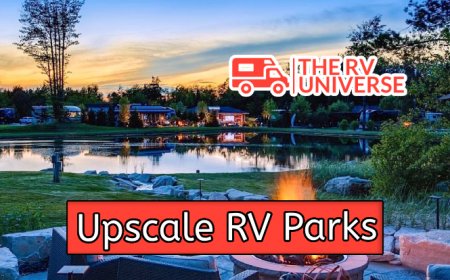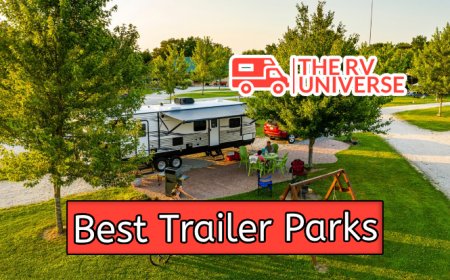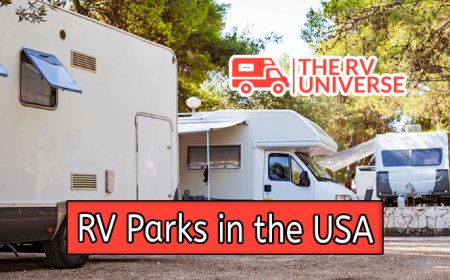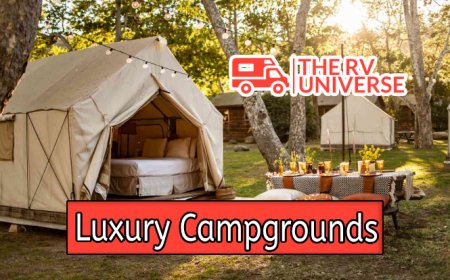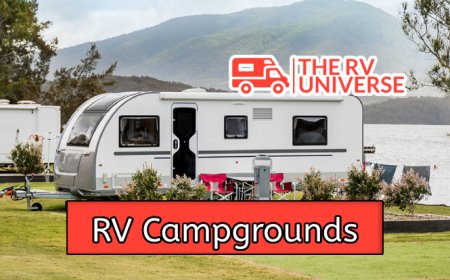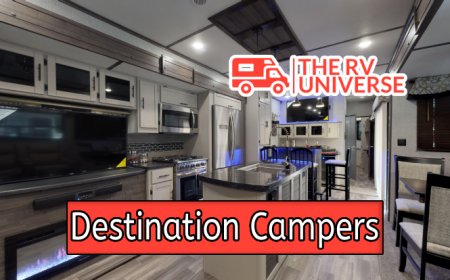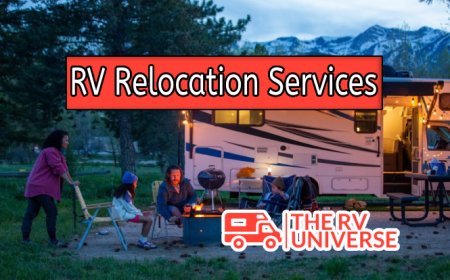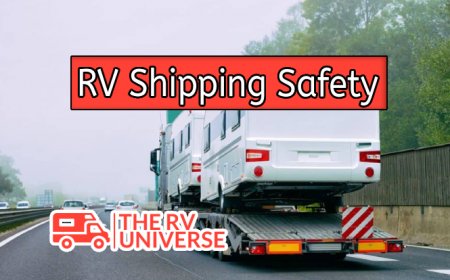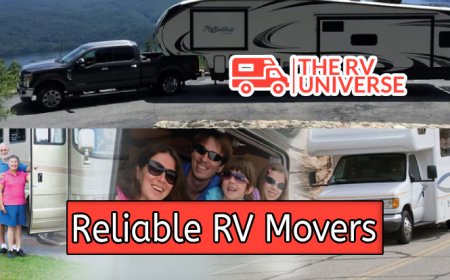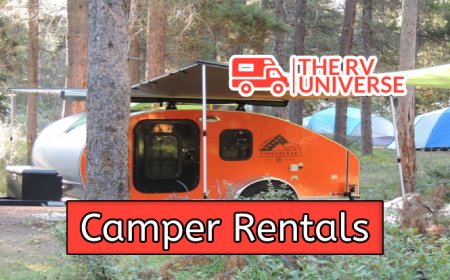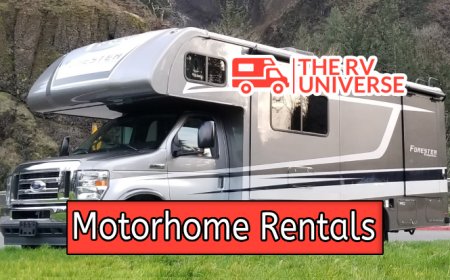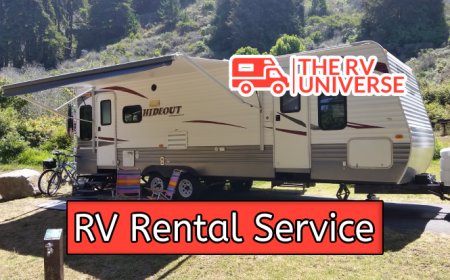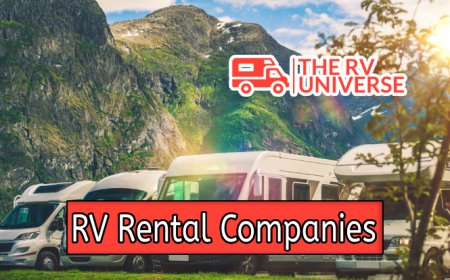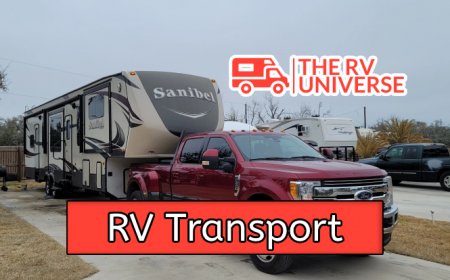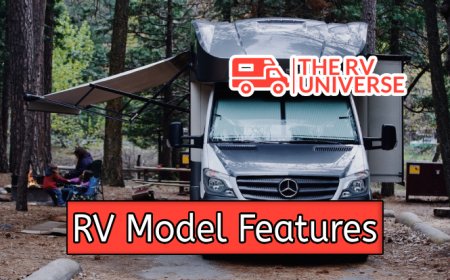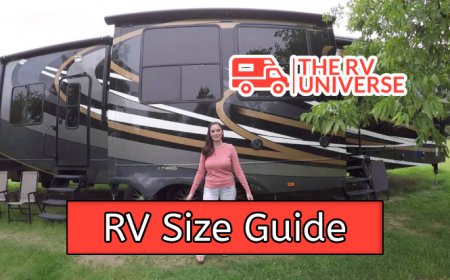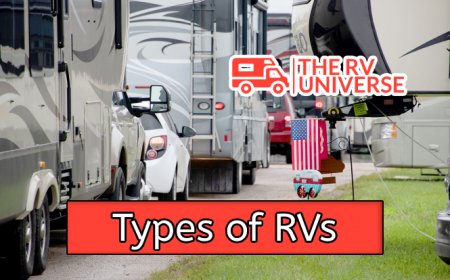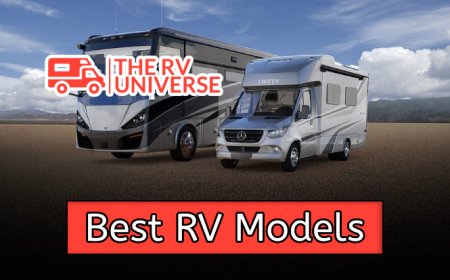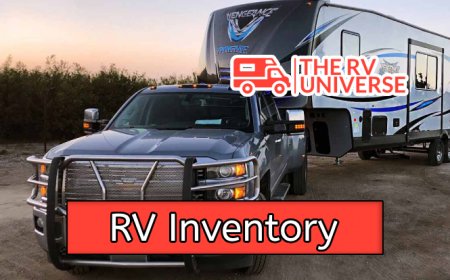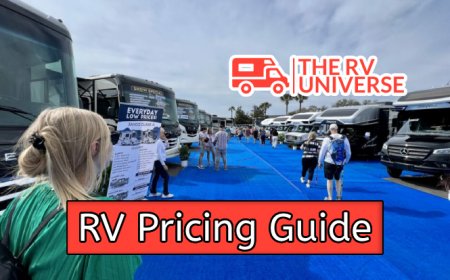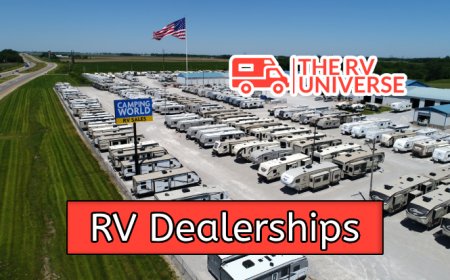How to Choose the Perfect RV Size for Your Trip
RV sizes matter! Decode the right RV size based on the number of people, amount of storage, and the terrain of your journey.
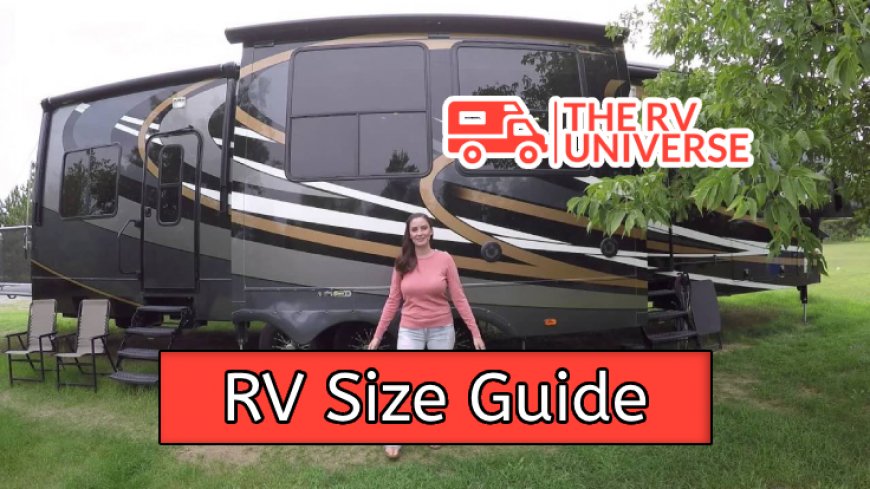
We embark on this guide to assist you with finding the appropriate RV size, steering your decision for an incredible journey. As we delve into this RV Size Guide, we'll consider the number of people on board, your storage needs, and the terrain you'll be navigating. Selecting the right RV size can make your trips more comfortable and convenient, turning an average trip into the adventure of a lifetime.
Unlocking the RV Lifestyle: Your RV Size Guide
A well-chosen RV allows you to immerse yourself in the journey, appreciating the beauty of our world at your own pace. But the journey can be less than ideal if your RV is too cramped or difficult to maneuver. What's the answer? Making an enlightened decision about RV size before setting out.
Table of Contents
- Who is Traveling?
- Understanding Your Storage Needs
- Exploring Paths and Terrains
- Types of RV and their Sizes
- RV Parking: Size Matters
- Final Thoughts: Size and Flexibility
Who is Traveling?

First and foremost, deciding on your RV size comes down to the size of your travel party. Whether it's just you and a partner on a romantic getaway, a big group of friends looking for adventure, or an extended family outing - the size of your crew will impact your RV choice.
- Double occupancy: Couples and solos who prefer a roomy experience find Class B RVs comfortable. They usually have a queen-sized bed, kitchen, bath, and living area compactly designed.
- Midsize groups: For small families or friend groups of about 4 to 6 people, Class C RVs are a well-fitted option offering more elbow room. They typically have a separate bedroom, children's sleeper, kitchen, dining, and bathroom.
- Large parties: Larger families or groups might prefer the spacious Class A RVs that can accommodate up to 10 people. They offer several bedrooms, living areas, a kitchen, and multiple bathrooms.
Understanding Your Storage Needs

Road trips often mean packing plenty. Your clothes, cookware, camping gear, toys, sports equipment, and more. It's not just about the space people require - it's also about the things you carry along.
Ask yourself, 'What kind of traveler am I?' The minimalistic camper may need substantially less than the full-on glamour camper. Your lifestyle and what you plan to do on your trip will hugely impact your storage needs. Remember to consider:
- Duration of your trip: Longer trips require more things which call for more storage room.
- Type of trip: Adventure travels demand gear and sports equipment whilst leisurely trips might need more cooking and entertaining items.
- Climate: Different climates require different clothing and gear. Cold weather necessitates heavier clothing and potentially extra heating equipment.
Pro Tip:
Note that storage in RVs isn't just about luggage space. It also incorporates the capacity of water tanks. When thinking about an RV's size, consider the fresh, grey, and black water tank sizes – especially if you're planning on boondocking or camping off-grid.
Exploring Paths and Terrains
The right RV isn't just about who's coming along and what they're carrying. It's also about where they're going. Different RVs are well-suited to different conditions, and going off the beaten path might demand a particular type or size of RV.
- Highways and RV parks: Most paved roads and established parks can support larger RVs. But remember, more massive RVs can prove difficult to navigate in tight spaces.
- Primitive camping sites or boondocking: Remote or off-grid sites often feature challenging terrains that might not suit larger RVs. Pop-up campers or camper vans are best for dealing with uneven paths.
- Mountainous or hilly regions: Climbing slopes and maneuvering winding roads can be challenging in larger RVs. Consider choosing an RV that's sturdy, compact, and capable of tackling steep gradients if mountains are part of your trip's terrain.
Consider Accessibility
Along with the terrain, consider accessibility. Not all destinations will permit larger RVs due to size restrictions or due to the impact on the environment. It's always wise to verify the site's RV size limits before you set out, to ensure your chosen rig fits in with your travel plans.
Types of RVs and their Sizes
Once you've evaluated the volume of your traveling party, assessed your storage needs, and scoped out your anticipated route's terrain, it's time to become acquainted with various RV sizes and types. Here we present simplified outlines that might assist you in choosing the perfect RV size for your trip.
Class A Motorhomes
Class A motorhomes are the cream of the crop in the world of RVs. These luxurious mobile abodes range in length from 26 to 45 feet. They comfortably accommodate large families, offering ample storage to boot. Class A's are great if you're planning to travel widely via highways, and they come decked out with all the comforts of a home.
Class B Motorhomes
Class B motorhomes, colloquially known as camper vans, are considered the smallest and most manageable of all motorhomes, typically ranging from 17 to 24 feet. They are low maintenance, can accommodate a couple comfortably, and are ideal for those looking to traverse diverse terrains.
Class C Motorhomes
Sitting in the middle between Class A and Class B, Class C motorhomes offer a balanced blend of luxury and easy handling. They typically range from 20 to 35 feet. Equipped with a distinctive cab-over bunk, they can comfortably house mid-sized groups, making them a great choice for family excursions.
Fifth Wheel
Fifth wheels, fondly called "the mammoth of towables," range from 20 to 40 feet in length. They offer a truckload of space and splendid amenities, serving just right for large parties. However, remember that maneuvering a fifth wheel demands a special kind of expertise.
Travel Trailers
Travel trailers are a diverse lot, with sizes ranging anywhere from 12 to 35 feet. They offer ample flexibility and come in a variety of layouts to suit varying needs. The smaller ones are pretty easy to tow, while the larger ones could require a heavier-duty tow vehicle.
RV Parking: Size Matters

Your quest for the perfect RV size isn't complete without considering parking. Remember, the bigger your vehicle, the trickier it can be to find suitable parking. From campsite availability to city parking, the size of your RV can impose limitations on where you can stop and stay. Always bear in mind:
- Standard campsite length: Most national parks and RV campsites can accommodate vehicles up to 27 feet. Anything larger might have you scrambling for a spot.
- City rules: In many cities, it’s illegal to park large RVs on city streets overnight. Make sure to research local regulations.
- Your driving skills: Larger RVs can be tougher to drive, reverse, and park, especially in congested lots or tight spaces.
Final Thoughts: Size and Flexibility
In the grand scheme of RV adventures, size does influence your travel flexibility. It can dictate your route, parking, energy expenditure, and the overall comfort of your journey. Not too small to cramp your style, not too big to restrict your plans - striking that perfect balance is key to choosing your RV size.
Ultimately, your RV should be a comfortable haven that enhances your exploration of the natural world, rather than a rolling box that restricts it. Try not to let the size intimidate you. Remember, with the right knowledge and preparation, the vast world of RVing can indeed turn any ordinary road into an extraordinary journey. So here's to finding your perfect ride, hitting the open road, and enjoying the RV lifestyle – one journey at a time.
What's Your Reaction?







